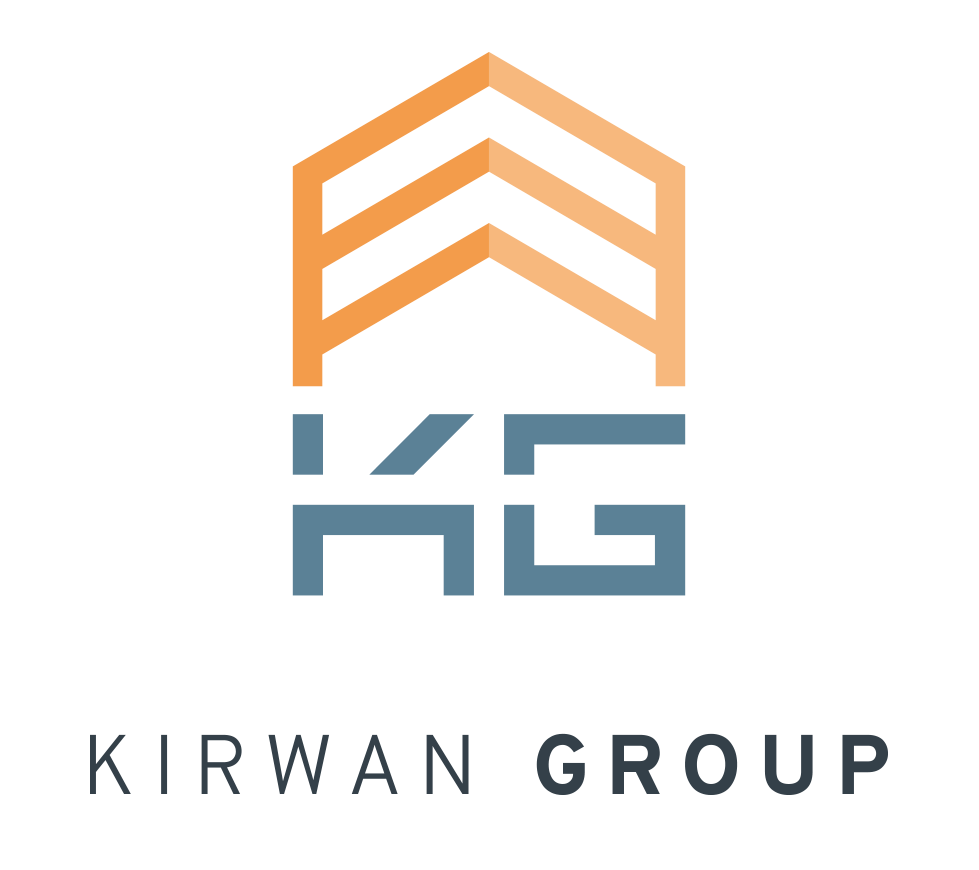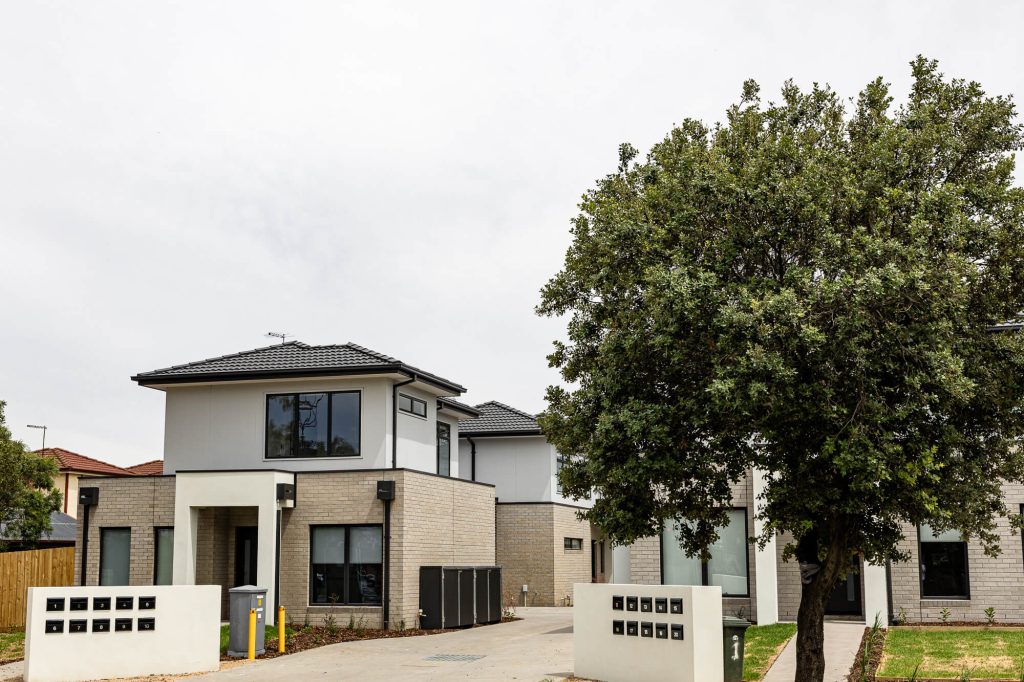Property investment is diverse and dynamic, offering a range of opportunities for those looking to delve into the real estate market. Whether you’re eyeing a long-term investment for capital gains, considering a multi-unit development, or exploring commercial properties like warehouses, each path offers unique benefits and challenges.
This guide is designed to help you navigate the complex landscape of property investment in Australia.
We’ll explore various types of property investments, discuss how to align your goals with market conditions and provide insights into making informed decisions. Whether you’re a first-time investor or looking to expand your portfolio, understanding the nuances of different property types and market dynamics is crucial. Let’s embark on this journey to demystify the process and equip you with the knowledge to make strategic property investment decisions.
Understanding the Property Market
Before diving into property investment, it’s essential to understand the ebb and flow of the market. Many factors, including economic trends, interest rates, and demographic shifts, influence the property market. For instance, periods of economic growth often see an upsurge in property demand, driving prices upward. Conversely, economic downturns can lead to a market slowdown, presenting different investment opportunities.
Understanding these market dynamics is crucial, especially when considering different types of property investments. Stable markets with gradual growth are ideal for long-term leasing properties aimed at capital gains. Such markets offer the safety of predictable appreciation over time. On the other hand, markets experiencing rapid growth, often in up-and-coming areas or those undergoing gentrification, are suitable for multi-unit developments or mixed-use buildings. These areas promise higher returns but may also come with more significant risks and increased competition.
Commercial investments, such as warehouses or retail spaces, require a different approach. These investments are often more sensitive to economic changes. For example, an economic upturn might boost demand for warehouse space due to increased business activity, making it a lucrative investment. However, during economic downturns, these properties might face higher vacancy rates.
Investors should also pay close attention to government policies and infrastructure developments, which can significantly impact property values. For example, new transportation routes or public facilities can enhance a property’s desirability, making nearby areas prime spots for investment.
By understanding these market dynamics, investors can better align their investment strategies with current and future market conditions, maximising their chances of success.
The State of Play in 2024
As we head into 2024, the Australian property development landscape presents a mix of opportunities and challenges shaped by several key trends:
Interest Rates and Market Resilience: Despite recent increases in interest rates by the Reserve Bank to curb inflation, the property market has shown a strong capacity to absorb these changes. Home prices have continued to rise, albeit with some growth slowing, indicating the market’s underlying strength. The impact of potential further rate hikes remains a point of consideration for both sellers and buyers.
Regional Market Variations: The Australian property market is characterised by its diversity, with different trends across regions. Major cities like Sydney and Melbourne are experiencing an increase in listings. At the same time, markets in towns like Brisbane, Adelaide, and Perth face limited options, leading to higher competition and rising prices.
Construction Sector Challenges: The construction sector faces ongoing challenges, including skilled labour shortages and material scarcities. These factors contribute to new home completion delays, exacerbating the housing shortage and putting upward pressure on prices.
Government Policies and Housing Demand: Progressive housing and planning reforms are anticipated in 2024, potentially leading to urban densification and more visionary approaches to housing development. This could involve changes in planning powers and a focus on facilitating easier entry for first-home buyers into the property market.
Rental Market Dynamics: The rental market is expected to reach a tipping point in 2024, with rental growth potentially slowing down. The tight rental market, combined with policies aimed at aiding first-home buyers, may ease demand and facilitate the transition of tenants to homeownership.
Sustainable and Green Development: There’s a growing focus on sustainable and green development, including integrating renewable energy sources and energy-efficient technologies. This trend is driven by both environmental concerns and market demand for sustainable and socially responsible properties.
Mixed-Use Developments and Flexible Spaces: The trend of combining residential, commercial, and retail spaces in single developments is expected to continue. Property developers will likely create more flexible spaces in response to changing work patterns, including co-working areas and multi-purpose standard rooms.
Wellness and Inclusivity-Centric Design: Health-centric design and inclusivity are becoming more critical in property development. This includes incorporating natural light fitness amenities and creating accessible spaces for people of all abilities.
Urban Redevelopment and Regeneration: Developers are expected to play a crucial role in revitalising urban areas, focusing on repurposing underutilised spaces to meet the changing needs of urban populations.
Technology Integration: The rise of intelligent buildings and technology integration in property development is set to continue. This includes using IoT devices to enhance security, energy efficiency, and overall convenience.
These trends reflect a property market evolving with the changing economic landscape, technological advancements, and societal shifts. For property developers and investors, staying informed and adaptable to these trends will be crucial to success in 2024 and beyond.

Setting Investment Goals and Types of Development
Establishing clear investment goals is a fundamental step in property investment. Your goals will not only influence your choice of property but also dictate your investment approach. Generally, property investments can be categorised into three broad types: long-term leasing for capital gains, development projects like multi-unit or mixed-use buildings, and commercial property investments.
For long-term leasing options, the aim is usually capital appreciation over time. Here, you’re looking for properties in stable areas with potential for steady growth. The key is patience and a willingness to ride out market fluctuations for long-term gains.
In contrast, development projects, such as multi-unit buildings or mixed-use developments, are more ambitious. These projects require a keen eye for emerging markets or areas poised for growth. They often involve higher risks but can yield significant returns if executed well. For such investments, understanding zoning laws, construction costs, and market demand for different types of units (residential or commercial) is crucial.
Commercial property investments, like warehouses or retail spaces, cater to a different market. These properties can be lucrative, especially in growing economic climates, but they require understanding of commercial market dynamics. Factors like business growth, accessibility, and potential for long-term tenant leases play a significant role.
Each type of investment requires a different set of criteria and risk considerations. For instance, while a residential property in a suburban area might be ideal for long-term leasing, it may not be suitable for a multi-unit development. Similarly, a warehouse in an industrial zone could be a poor choice for a residential development project.
Aligning your investment goals with the right type of property is critical. It involves assessing your financial capacity, risk tolerance, and long-term objectives. Whether you’re seeking steady rental income, capital growth, or both, your goals will guide your property investment journey.
Financial Planning and Budgeting
Navigating the financial aspect of property investment requires careful planning and astute budgeting tailored to the type of property you’re considering. Each investment type, residential, development, or commercial, demands a unique financial approach.
Long-term residential investments focus on securing a mortgage with favourable terms and rates. Consider the long-term cost implications, including maintenance, property taxes, and potential vacancy periods. Tools like mortgage calculators can help estimate monthly costs and assess affordability. Budgeting for unexpected expenses, like emergency repairs, is crucial to avoid financial strain.
Development projects, such as multi-unit buildings, require a more comprehensive financial plan. These projects often involve significant upfront costs for land acquisition, construction, and legal fees. A detailed budget should account for these and a contingency fund for unforeseen expenses. It’s also important to factor in the time frame for the units’ development and sale or leasing, as this impacts cash flow and financing needs.
Commercial property investments, like warehouses or retail spaces, demand an understanding of the commercial property market. These investments can offer high rental yields but may come with higher risks, such as more extended vacancy periods or higher maintenance costs. Assessing the potential return on investment (ROI) and understanding the nuances of commercial leases are critical components of financial planning.
Regardless of the investment type, it’s essential to have a clear understanding of your financial capacity. This includes the initial investment, ongoing expenses, and potential income. Additionally, engaging with financial advisors and mortgage brokers can provide valuable insights and help secure the best financing options for your investment.
Financial planning and budgeting are integral to the success of any property investment. They require a realistic assessment of costs, potential returns, and economic resilience to weather market fluctuations.
Selecting the Right Property
Choosing the right property is pivotal in real estate investment. Each type of property investment demands specific criteria to maximise returns and minimise risks.
Look for properties in established areas with consistent demand for long-term residential leasing. These properties should have the potential for steady rental income and long-term capital growth. Consider factors like proximity to amenities, public transport, schools, and the neighbourhood’s overall appeal.
Regarding development projects like multi-unit buildings or mixed-use properties, location is vital, but with a different focus. Here, you’re looking for areas with high growth potential, often on the cusp of gentrification or neighbourhoods undergoing significant infrastructure improvements. Assessing local council plans and zoning regulations is crucial to ensure the feasibility of your development project.
In commercial property investments, such as warehouses, the focus shifts to factors like accessibility, proximity to transport hubs, and the potential for long-term, stable tenancies. These properties should be in areas with a firm or growing business presence, offering the kind of space and facilities that businesses seek.
Regardless of the property type, conducting thorough due diligence is non-negotiable. This includes a comprehensive property inspection, understanding the local real estate market, and evaluating the property’s condition and potential maintenance or renovation needs.
Selecting the right property is a balance of research, intuition, and strategic thinking. It’s about finding a property that not only fits your budget and investment goals but also has the potential to thrive in the current and future market conditions.
Risks and Mitigation Strategies
Property investment comes with inherent risks, which can be managed and mitigated with strategic planning. The key is to identify potential risks associated with your chosen type of investment and develop strategies to address them.
For long-term residential investments, risks include property damage, unexpected maintenance costs, and vacancy periods. Mitigating these risks involves thorough tenant screening, regular property maintenance, and investing in landlord insurance.
Development projects, such as multi-unit buildings, face risks like construction delays, cost overruns, and market fluctuations affecting sale or rental values. To mitigate these risks, it’s essential to have a detailed project plan, a reliable construction team, and a contingency budget. Conducting market analysis to ensure the demand for your development type is also critical.
Commercial property investments, such as warehouses, are susceptible to market downturns, tenant turnover, and changes in commercial property demand. Mitigating these risks includes choosing properties in areas with stable commercial growth, diversifying your investment portfolio, and negotiating lease terms that provide stability and predictability.
In all cases, legal and compliance risks must be considered. Ensuring compliance with zoning laws, building codes, and other regulatory requirements is vital to avoid legal complications.
Risk mitigation in property investment is about being proactive, informed, and prepared for unexpected challenges. It’s about making strategic decisions that safeguard your investment and enhance its potential for success.
Legal and Regulatory Considerations
Legal and regulatory compliance is a cornerstone of successful property investment. Each type of property investment has its unique set of legal requirements that must be adhered to.
This includes understanding tenant-landlord laws, which govern rental agreements, tenant rights, and your responsibilities as a landlord for residential properties. Ensuring that your property meets all health and safety standards is also essential. Familiarise yourself with local council regulations, as these can impact your ability to change the property or use it for rental purposes.
In development projects, legal considerations are more complex. They involve zoning laws, development approvals, and compliance with building codes and standards. It’s crucial to work closely with legal professionals to navigate these requirements. Failure to comply can lead to costly delays, fines, or even halting your project.
Commercial property investments come with their own set of regulations. These might include specific zoning laws, commercial leasing laws, and compliance with safety and accessibility standards. It’s also essential to understand the tax implications of your investment, as they can significantly affect your returns.
No matter the type of investment, staying abreast of changes in laws and regulations is vital. Regular consultations with legal experts can help you remain compliant and avoid potential legal pitfalls.
Take your first property investment steps with Kirwan Group.
As you stand on the threshold of the property investment world, the Kirwan Group is here to guide your journey. With our expertise and comprehensive approach, we can help you navigate the diverse and dynamic realm of real estate investment in Australia. Whether your interest lies in residential properties, ambitious development projects, or lucrative commercial investments, our team can provide the insights and support you need.
Embarking on this venture requires capital, a strategic mindset, a thorough understanding of market dynamics, and an adherence to legal and regulatory frameworks. Kirwan Group brings a wealth of experience and a network of professionals to ensure your investment aligns with both market conditions and your personal financial goals. We aim to help you make informed decisions, mitigate risks, and seize opportunities for optimal returns.
Your investment aspirations deserve a solid foundation and a guiding hand. Let Kirwan Group be your partner in this exciting journey, transforming your investment visions into successful realities. Together, we can unlock the potential of the property market and pave the way for your investment success.

